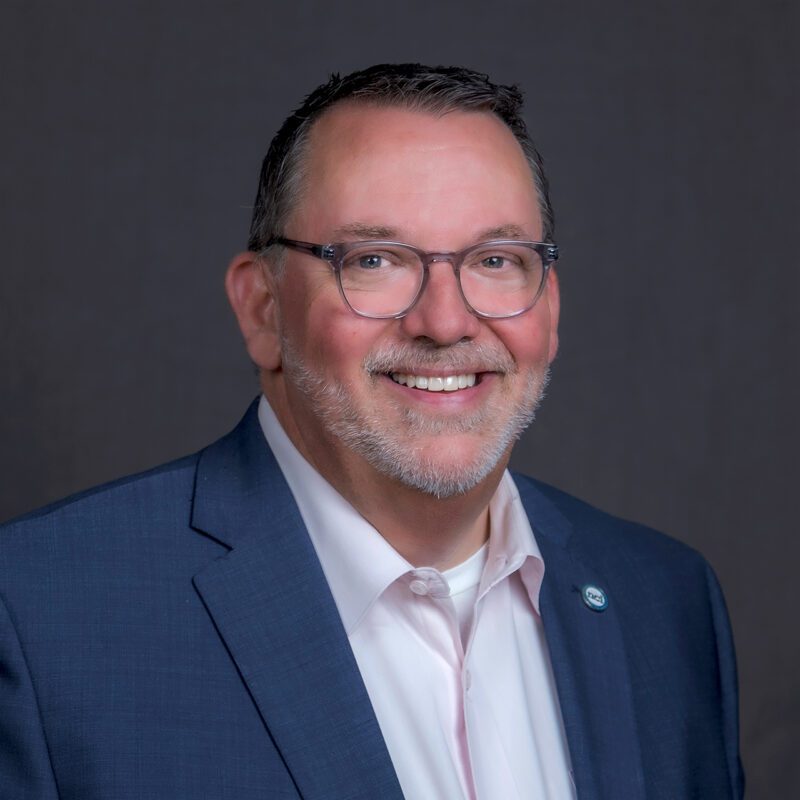
The finalists for WashingtonExec’s Chief Officer Awards were announced March 25, and we’ll be highlighting some of them until the event takes place live, in-person May 11 at the The Ritz-Carlton in McLean, Virginia.
Next is Chief Human Resources Officer (Private & Public) finalist Clay Worley, senior vice president and chief human resources officer for NCI. Here, he talks key recent achievements, primary focus areas going forward, learning from failures and more.
What key achievements did you have in 2021/2022?
Successful operations and caring for our employees were paramount in 2021 and continue to be into 2022. We have demonstrated a tremendous agility in adapting to this pandemic and ensure that our employees are engaged, healthy and continuing to drive the innovation for which we are known.
We demonstrated our agility and ability to connect with our successful pursuit: the win and onboarding of the General Services Administration’s Digital Innovation for GSA Infrastructure Technologies contract — the largest contract in NCI history.
It was a remarkable launch of a significant artificial intelligence program, and the fact that we launched it virtually because of COVID-19 — while adding more than 200 employees in a matter of weeks — was an achievement we’re all very proud of.
What has made you successful in your current role?
Being willing to engage in active conversations about the business is critical to becoming a true business partner versus an administrative function. I really enjoy forging relationships with our employees and managers, and understanding the business is key to driving a meaningful human capital strategy.
What are you most proud of having been a part of in your current organization?
I’m proud of our HR team, which has evolved over the last few years in the way we support the business. That includes providing relevant data to our leaders that helps position us to win new business and recruit and retain great employees.
With this model, we have achieved great success in contributing to the growth or our company and the culture. HR is now a sought-after business partner. Now, we are focused on continuing to grow and evolve the employee value proposition and improve the employee experience.
What are your primary focus areas going forward, and why are those so important to the future of the nation?
We believe that AI is the single most transformative technology of our generation, and it is so important for our nation’s defense. With that in mind, and as a leader in the AI arena, it is critical to our business strategy that we focus on these vital technologies of the future. We pride ourselves on human-powered technology growth and that requires a detailed human-capital strategy that engages, grows and rewards the incredible human talent that we have at NCI.
What’s one key thing you learned from a failure you had?
That if you don’t fail every now and again, you aren’t being daring enough in your effort to grow. Cutting-edge technology requires constant learning, significant collaboration and out-of-the-box thinking. If you don’t try, you don’t succeed. If you don’t fall short sometimes, you are not setting your sights high enough.
Which rules do you think you should break more as a government/industry leader?
I’m not much of a rule breaker, but a big part of innovation is being a rule challenger. It’s easy to break the rules, but it takes more talent and intellect to challenge and find a better way. We are doing that on a daily basis with our use of AI that can improve the efficiency of humans and ultimately, make us all more successful.
Looking back at your career, what are you most proud of?
I am most proud of the fact that I have long-term relationships with customers and staff alike. A real sign of success in my opinion is being sought out for engagement and input even if you are no longer working side by side.
What’s your best career advice for those who want to follow in your footsteps?
Stop thinking like a human resources practitioner and start thinking, and acting and engaging, like a businessperson. Get experience outside of HR and get to know your customers — internal and external — so that you can create human capital strategies that are clearly aligned to business strategies. Be a systems thinker, not an HR thinker.

